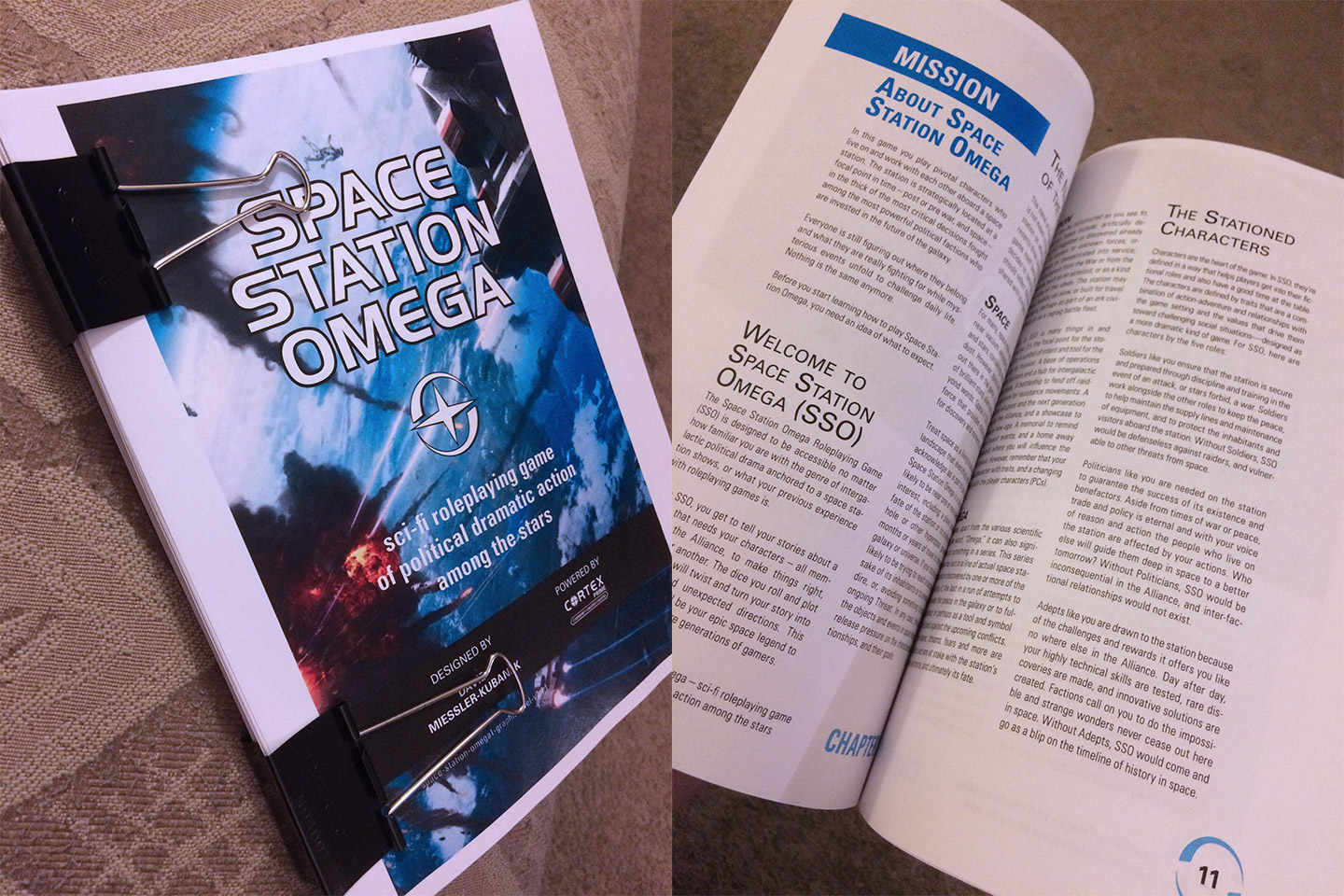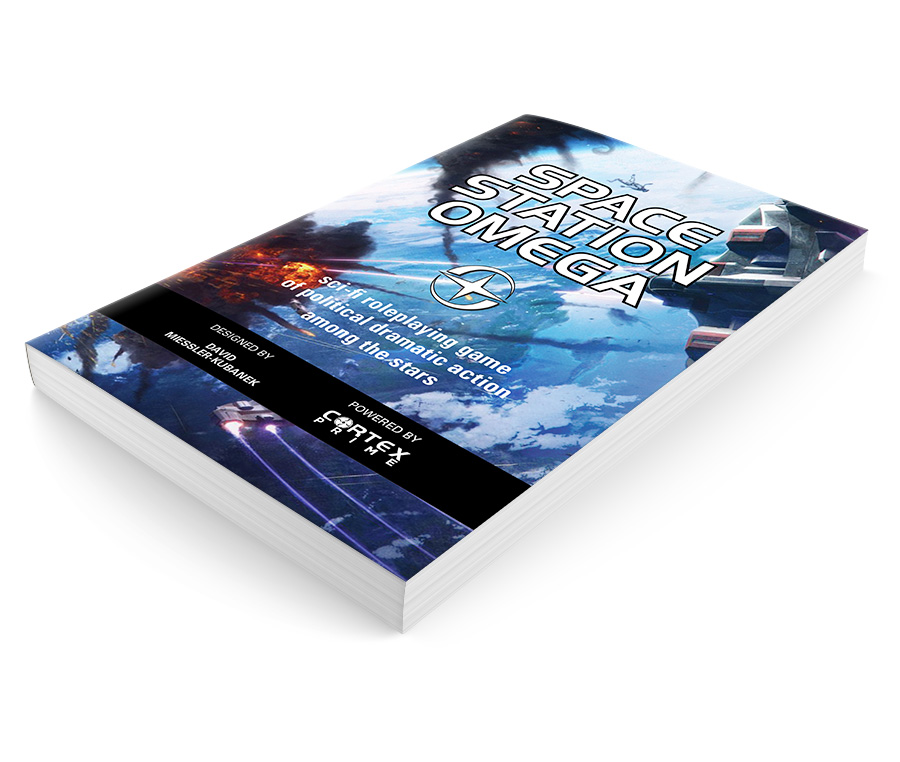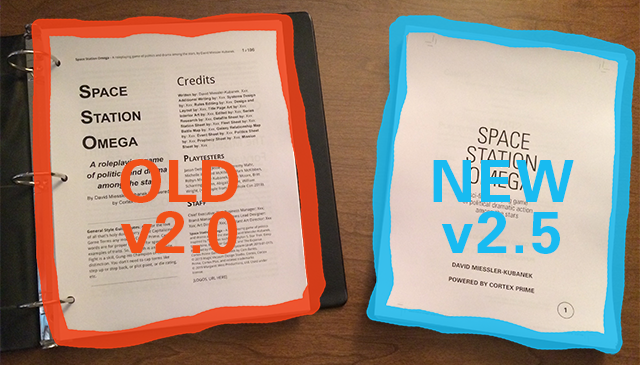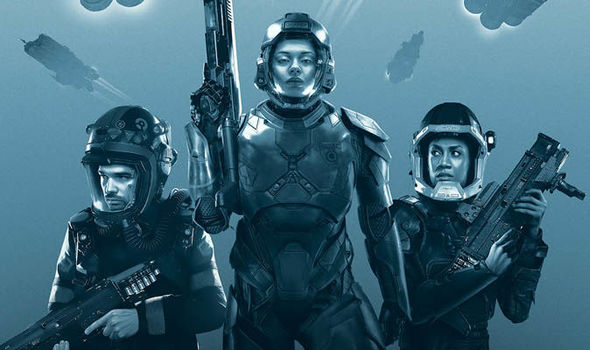ME VS SPACE STATION OMEGA V2.7.1 DRAFT
As mentioned about a year ago, I seriously began work on Space Station Omega (SSO). I just printed out a color version t
Space Station Omega Progress Update: June, 2019
Now that the Cortex Prime System Reference is out I’ve been working my way through revisions to match up with it a
Playtesting
Welcome to the AquaVertigo Playtesting post. The following games are in playtest: Blood & Violence Dark Well NightMi
Me vs Space Station Omega v2.5 Draft
And so it continues… I’ve got a draft of Space Station Omega (SSO) ready to undergo a closer inspection and
Space Station Omega Version 2.5
Since Cortex Prime updated mid-January, 2019, I’ve worked to do extensive writing and editing on Space Station Om






